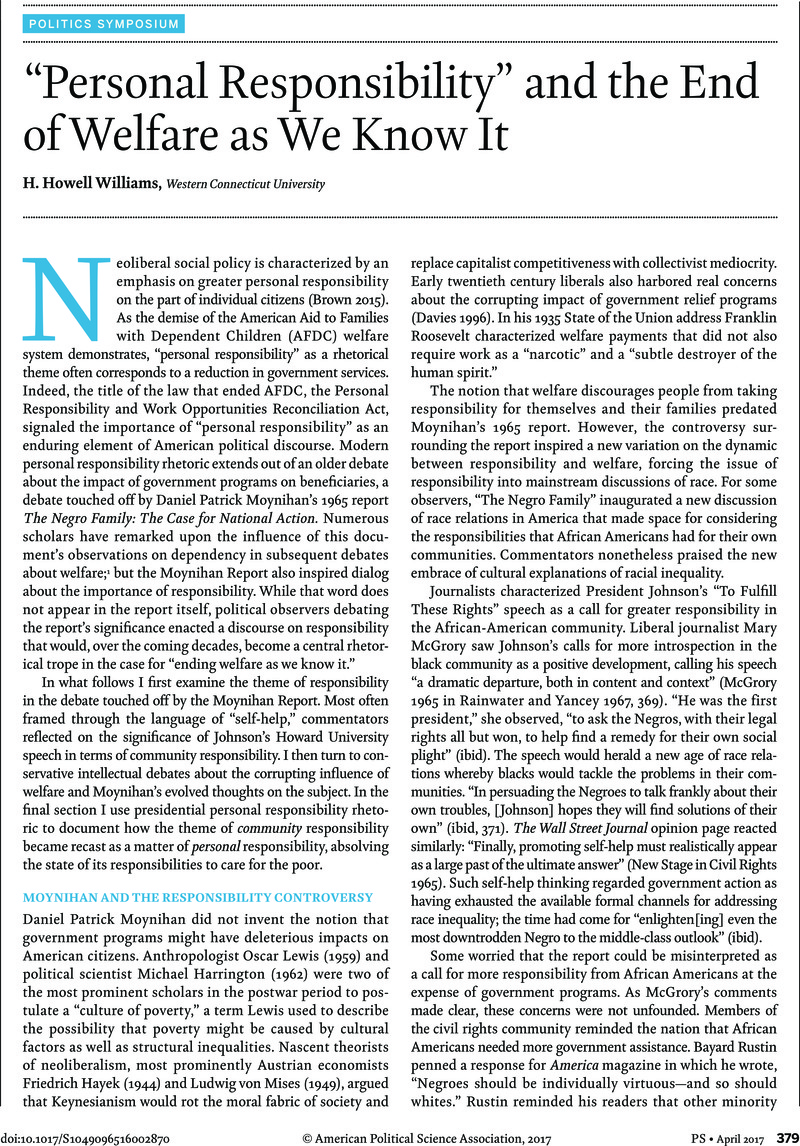Crossref Citations
This article has been cited by the following publications. This list is generated based on data provided by Crossref.
Frericks, Patricia
and
Höppner, Julia
2019.
The Turn Toward Self-Responsibility in Current Societies: Differences, Challenges, and Perspectives.
American Behavioral Scientist,
Vol. 63,
Issue. 1,
p.
3.
Williams, H. Howell
2021.
Just Mothering: Amy Coney Barrett and the Racial Politics of American Motherhood.
Laws,
Vol. 10,
Issue. 2,
p.
36.



